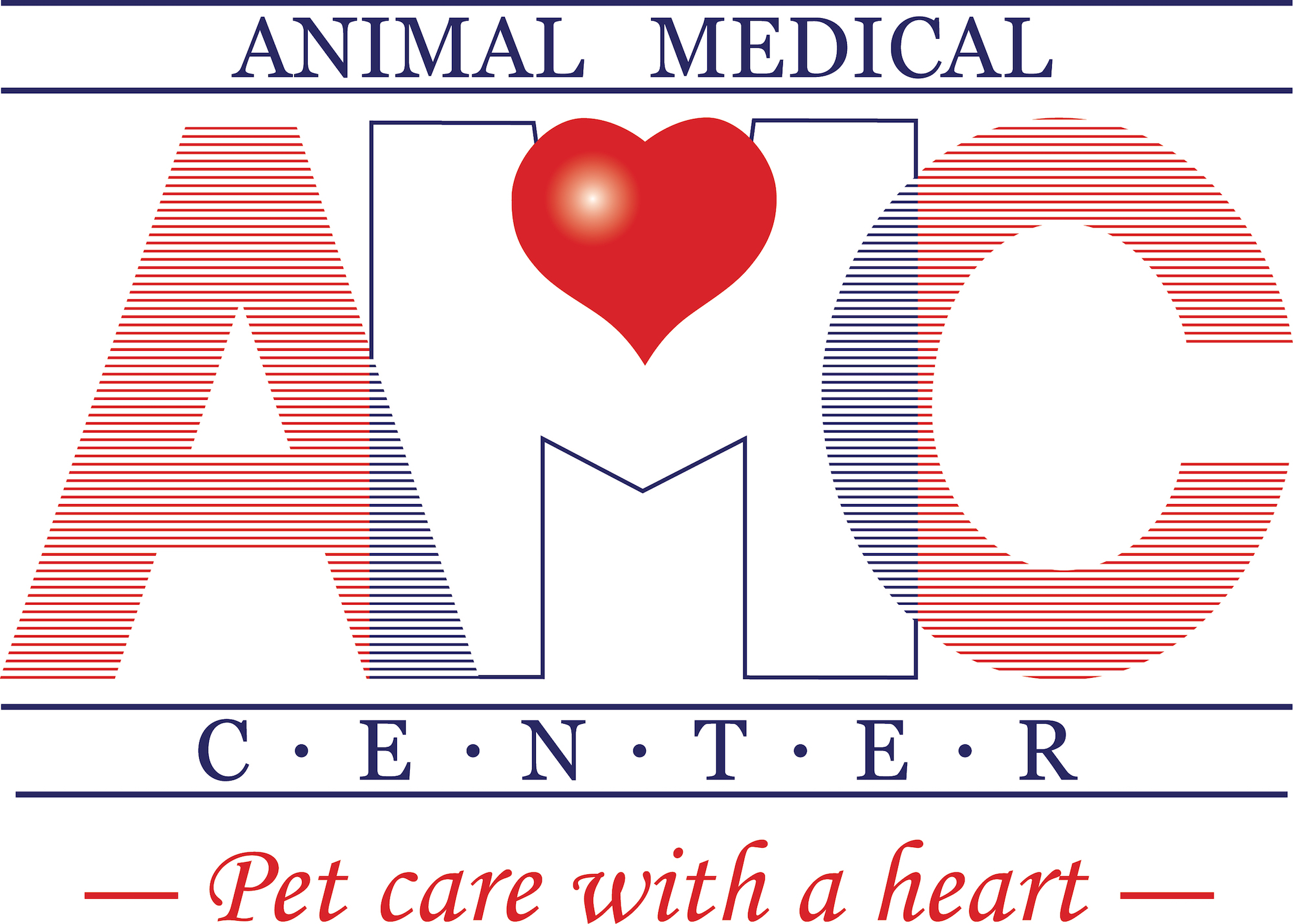Library
-
Vitamin D poisoning occurs when a dog ingests a toxic dose of vitamin D. Common sources of vitamin D poisoning include rodenticides that contain vitamin D and certain human medications.
-
Vitamin E and selenium are essential nutrients with antioxidant properties that work together to prevent oxidative damage and support the immune system. They are used in animals to treat skin diseases, liver disease, cognitive dysfunction, and dietary deficiencies.
-
Vomiting is the forceful evacuation of stomach contents. It is a clinical sign of a disease. Most cases of acute vomiting resolve quickly with simple treatment, without the underlying cause being diagnosed. Any required tests are determined based on physical examination of your pet and the signs your dog has been displaying at home.
-
Vomiting in Dogs
El vómito no es una enfermedad sino un síntoma que aparece en diferentes enfermedades. Muchos casos de vómitos son autolimitantes, cesan espontáneamente en pocos días y en raras ocasiones son consecuencia de enfermedades graves como el cáncer.
-
Von Willebrand's disease causes an inability for blood to clot resulting in excessive bleeding. If this disease is suspected, initial screening tests include a complete blood count (CBC), buccal mucosal bleeding time, and a coagulation profile. More advanced diagnostics include assays that assess the quantity and functionality of vWF. DNA testing is available and most commonly used to evaluate animals used in breeding programs.
-
Von Willebrand's disease (VWD) is the most common inherited bleeding disorder in humans and dogs. It is caused by a deficiency in a protein called von Willebrand factor (VWF), which is essential for blood clotting. VWD affects at least 30 different breeds, but the Doberman pinscher is the breed with the highest incidence.
-
Voriconazole is given by mouth or injection and is used off label to treat fungal infections in dogs, cats, horses, birds, and reptiles. Side effects are not well-known but may include vomiting, diarrhea, or decreased appetite.
-
Vulvoplasty, also known as episioplasty, is a surgical procedure that your veterinarian may recommend to correct a conformational issue known as a recessed vulva. Your veterinarian will remove a crescent-shaped piece of tissue from above the vulva, allowing the skin to be pulled upwards into a more normal conformation. This procedure is performed under general anesthesia. Your pet will be intubated with an endotracheal tube. After surgery, you will need to give pain medications and antibiotics as directed and keep your dog confined/restricted for approximately two weeks. Skin sutures, if used, can typically be removed 10-14 days after surgery.
-
Walking is an excellent way for dogs to burn more calories while working toward weight loss. A short leash and head halter or harness are recommended to keep the walk going at a consistent pace. Gradually work up to several 30-minute walks per day.
-
Warfarin (brand names: Coumadin®, Jantoven®, Panwarfin®) is an anticoagulant used off label to prevent abnormal clotting due to conditions such as heart disease. It is usually only used in dogs, as the benefits in cats and other species have not been established.

